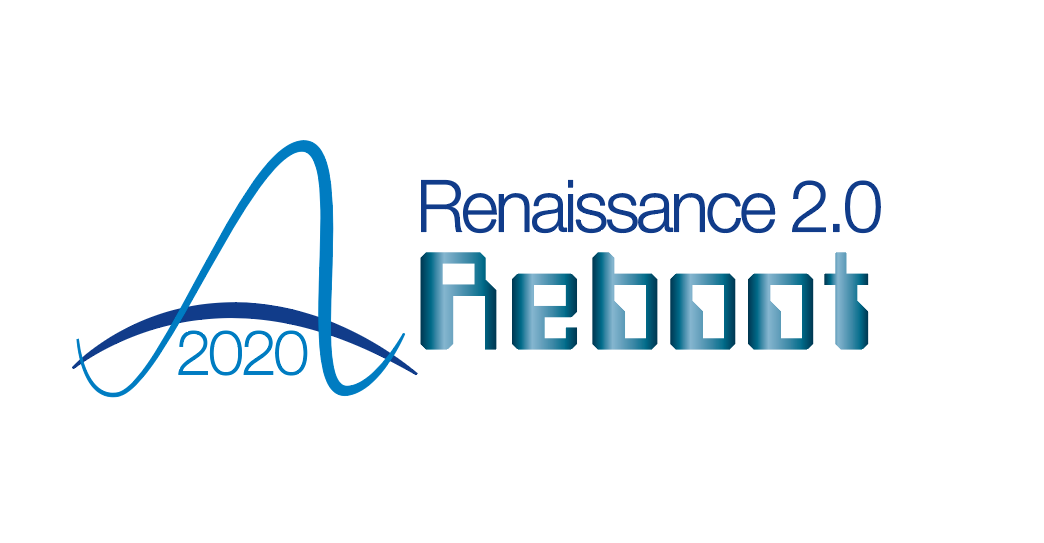Dudley integrates to innovate
30 July 2020

Following our Defining Communities briefing, today we highlight how a well-coordinated integrated care model created partnership opportunities and helped to deliver health and social care focused on population health outcomes.
Dudley Integrated Health and Care (DIHC) NHS Trust is an integrated care provider (ICP): a combined health, wellbeing and care organisation that brings together a range of health and care services with primary care, delivered by general practice, at its heart. Like other ICPs, DIHC has adopted a preventative ‘life-course’ approach and has developed integrated care pathways across the system.
Pioneers
The Dudley ICP was built from a partnership of local GPs, the Dudley Group NHS Foundation Trust, and Black Country Health Care NHS Foundation Trust.
DIHC is a first-of-its-kind NHS ICP organisation, pioneering a new model of care in England. Its main focus is on out-of-hospital services. It currently provides community mental health services and a community respiratory assessment centre but the scope of its activities will grow considerably when the ICP contract is awarded in April 2021.
From then, it will provide community physical health services for adults and children, some out-patient specialities, all NHS mental health and learning disability services, NHS continuing health care and intermediate care, voluntary sector services, some public health commissioned services (sexual health, health visitors, school health advisers, substance misuse and some lifestyle services), GP services, prescribing, GP out-of-hours and an urgent treatment centre. Some will be directly provided, others contracted from NHS providers, voluntary sector and independent sector organisations.
Systems and governance development played a vital role in creating the structures that secured the engagement of primary care networks and community services in Dudley, through modelling an integrated care approach to the fabric of the organisation. Some key success factors include:
- enabling clear incentives
- reducing barriers to effective outcomes-based commissioning
- removing redundant bureaucracy to help shift resource to innovative upstream service interventions
DIHC laid the foundations of clinical design and continued development of a model that is joined up, innovative and digitally-enabled, prevention-focused, and informed by population health needs. Care is delivered close to home, it’s clinically led, sustainable and collaboratively developed with partners and stakeholders.
The pandemic effect
COVID-19 has driven collaboration at DIHC. It is refreshing to be able to engage in conversations that lead to rapid and positive actions. Multi-agency working was ignited by the crisis and it’s expected to continue – but the role of the health and social care regulators and how they may impact these naturally developed partnerships must be watched. The new normal cannot be going back to pre-COVID ways.
The pandemic has promoted a relaxation in regulation, with a six-month hiatus on reporting regulatory compliance data, giving organisations the space to refocus where necessary. But once this hiatus ends, we may see a return to some of the old ways of working, which would hinder some of the integration progress made.
So the regulation that was in place before the pandemic may need to be rethought, as it may no longer be fit for purpose. The boundaries within regulation and between regulators and regulated need to be far more flexible than before. Regulators could usefully be unpicking some of the lessons learned through COVID-19 to adjust their approach.
In June, GGI hosted a virtual regulation summit as part of its National Commission into public sector governance. The summit brought together regulators from different sectors to rethink regulation – how it is done and for whom and considering a wider place-based approach instead of single organisation regulation.
With ICSs and ICPs moving more sharply into focus as the way forward for care, it will be important for regulators to take the lessons learned during the pandemic and apply them to promote place-based regulation as a way of encouraging successful integration.
Tech to support integration
Technology and innovation have helped to address some of the many challenges of integrated care – especially during the pandemic. A study for NHS commissioners suggested that healthcare technologies have the potential to reduce healthcare costs, increase access and improve outcomes. With the rise in smart mobile applications such as Livi, we have seen an increased use of virtual consultations, alleviating pressure on GP practices and individuals unable to travel. The NHS app is another simple and secure way to access a range of NHS services.
Technology can provide a platform on which integration can thrive. It has certainly brought many of us closer together and enabled conversations and relationships where there might otherwise have been nothing. Throughout the pandemic, we have heard stories of teleconferencing applications enabling conversations and then closer bonds between geographically distant organisations.
Regulators need to take advantage of this and look at how they can use technology and the new citizen-focused healthcare system to involve the regulatory environment to the benefit of all.
Call to action
- What will be the impact of COVID-19 on newly-established ICPs? Are there lessons that can be learned that may help in fostering and sustaining partnerships?
- With non-existing regulatory framework, is your board able to define and influence the future regulatory framework for ICPs?
- How can technology elevate integration, using the primary care COVID-19 experience to support a single point of access for health and social care?
- What are the forms of regulatory frameworks and regulation across health and social care and do they need to be integrated and enhanced by technology?
If you have any questions or comments about this briefing, please call us on 07732 681120 or email advice@good-governance.org.uk
Nabil Jamshed
Consultant
Jessica Lubin
Digital Development Manager
Barbara Browning
Business Development Manager
